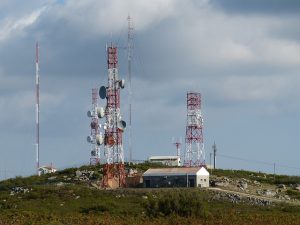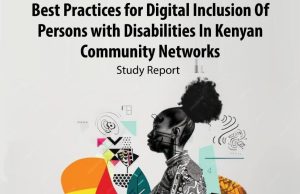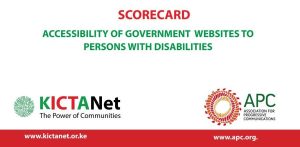Kenya is among Africa’s most connected countries with over 25 million mobile internet subscriptions. The country’s 2017 elections, held in August and repeated in October, tested deliverability of government services through mobile networks. They also exposed gaps in access and affordability of the internet. Among them that access is mainly in towns and hardly in underserved areas and that there is limited choice of providers for consumers and government. For meaningful access, universal internet provision ought to be implemented in tandem with other supportive services such as electricity and digital literacy.
The level of misinformation and disinformation online during the election period was unprecedented. There was a spike in false news and negative campaigning towards August 2017 and thereafter. The responses to such content included legal guidelines by the communications regulator, public notices by social media platforms, public education as well as calling out fake news by social media users and the media. False content kept social media users busy online and the process of interrogating the truth of posts often led to discussions on the history of Kenya and causes of current problems. A promising solution to mis and disinformation online is inculcation of national value systems. An example of such a course is the truth, justice and reconciliation process that proposes
national reparations for historical injustices.





